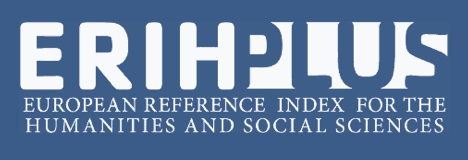Linking Anticipated Stigma to Psychological Well-Being: Mediating Role of Anxiety & Depression
Abstract
In todays’ organizations, stigmatized individuals represent a considerable part of the workforce. Like visible stigma, hiding an invisible stigma can have important costs. Research has shown that individuals with concealable stigmatized identities can impact physical, psychological, and behavioral outcomes. Nevertheless, the relationship between anticipated stigma for concealable stigmatized identities and its consequences has remained unexplored. The current study focused on anticipated stigma towards any concealable stigmatized identity. Drawing on conservation of resources theory, it is proposed that individuals anticipating any concealable stigma may experience more anxiety and depression, which may drain their psychological resources and, in turn, negatively affect their psychological well-being. We investigated that how anticipated stigma enhances anxiety and depression and in turn, harms psychological well-being. Convenience and purposive sampling techniques were used. A total of 160 employees working in diverse organizations completed self-reported measures of anticipated stigma, anxiety and depression, and psychological well-being. Correlational analysis indicated a significant association among the studied variables. The results revealed that anticipated stigma was a significant predictor of psychological well-being, in both direct and indirect ways, and this relationship was partially mediated by higher levels of anxiety and depression. The key findings of this study will expand the body of theoretical work examining the experience of anxiety and depression in stigma management. Organizations and employees can utilize these findings to address anticipated stigma, anxiety & depression as well as concerns of psychological well-being. Moreover, this study contributes to investigating the unexplored linking mechanism of anxiety and depression on the relationship of anticipated stigma and psychological well-being.

This work is licensed under a Creative Commons Attribution-NonCommercial 4.0 International License.













.jpg)








